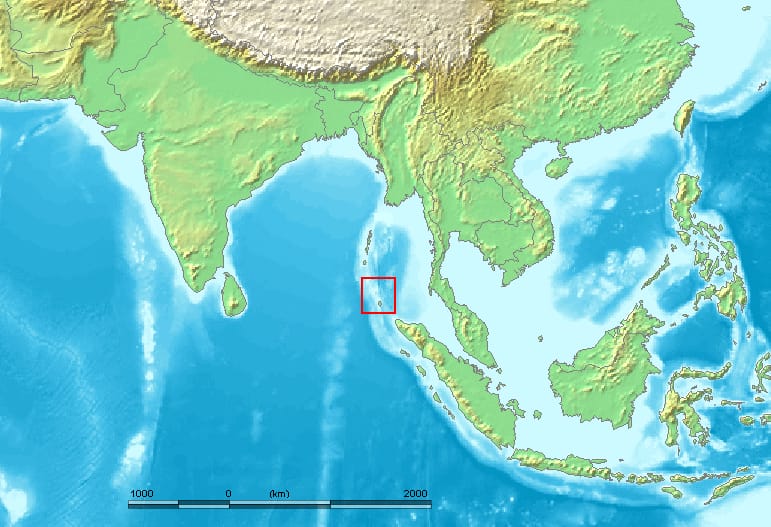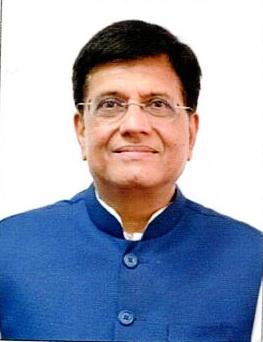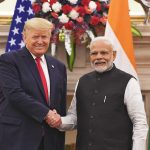
Ignore the Noise from Gandhi family and Green Lobbies: Great Nations Don’t Seek Permission to Secure Their Borders
When nations secure their frontiers and prepare for the future, they do not ask for certificates of approval from political dynasties or foreign-funded activists. They act with resolve, because history punishes hesitation. The Great Nicobar project is not just about ports, airports, and power stations. It is about India’s place in the world, about our ability to stand tall in the Indo-Pacific, and about refusing to play second fiddle while China builds bases on reefs and the United States plants flags on islands far from home.
Consider Diego Garcia, where the Americans relocated an entire island’s population to create a permanent base. Or China, which has dredged the South China Sea into concrete fortresses in full view of the world. Nobody lectures them about turtles or tsunami zones. Yet when India decides to develop Great Nicobar — a natural strategic outpost at the mouth of the Malacca Strait — the chorus of ecological sermons grows deafening. The hypocrisy is obvious, and the intent is suspect.
Enter the Gandhi family. Sonia Gandhi calls the Nicobar project a “planned misadventure,” Rahul Gandhi dutifully repeats it, and Priyanka nods along on social media. This is the same family whose legacy includes losing Aksai Chin without a fight and leaving border infrastructure in tatters. Their political posturing today is music to Beijing’s ears, because every delay in Nicobar is a gift to China’s “String of Pearls.” When you cannot stand up to adversaries, you conveniently dress up weakness as moral high ground.
Then there are the so-called “green lobbies.” Many of these NGOs operate with generous foreign funding, some already flagged by India’s intelligence agencies for stalling infrastructure and energy projects. They speak the language of ecology, but their actions align neatly with the economic interests of Singapore and Colombo, which would love to see India fail at building a rival transshipment hub. More importantly, their activism helps China breathe easy while our strategic projects get stuck in petitions and courtrooms. The real question is simple: whose interests are they defending — India’s, or someone else’s?
Great Nicobar is not optional. It sits next to the Malacca Strait, through which nearly half of global trade flows. A robust naval-air base there is India’s insurance policy against hostile submarines and supply lines that could one day be threatened. The transshipment port reduces our reliance on foreign hubs, while the power project and township anchor India’s permanent presence. This is how nations think in centuries, not election cycles.
The government must remember that great powers don’t apologize for securing themselves. They don’t let dynastic politicians with short memories or NGOs with suspect motives dictate national strategy. They build, they secure, and they act in the name of national interest. India has every right — and indeed the duty — to ignore the noise from the Gandhi family and the green lobbies. The Nicobar project is not a “misadventure.” It is our declaration that we will no longer seek permission to defend our borders and shape our destiny.


















